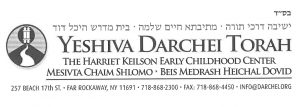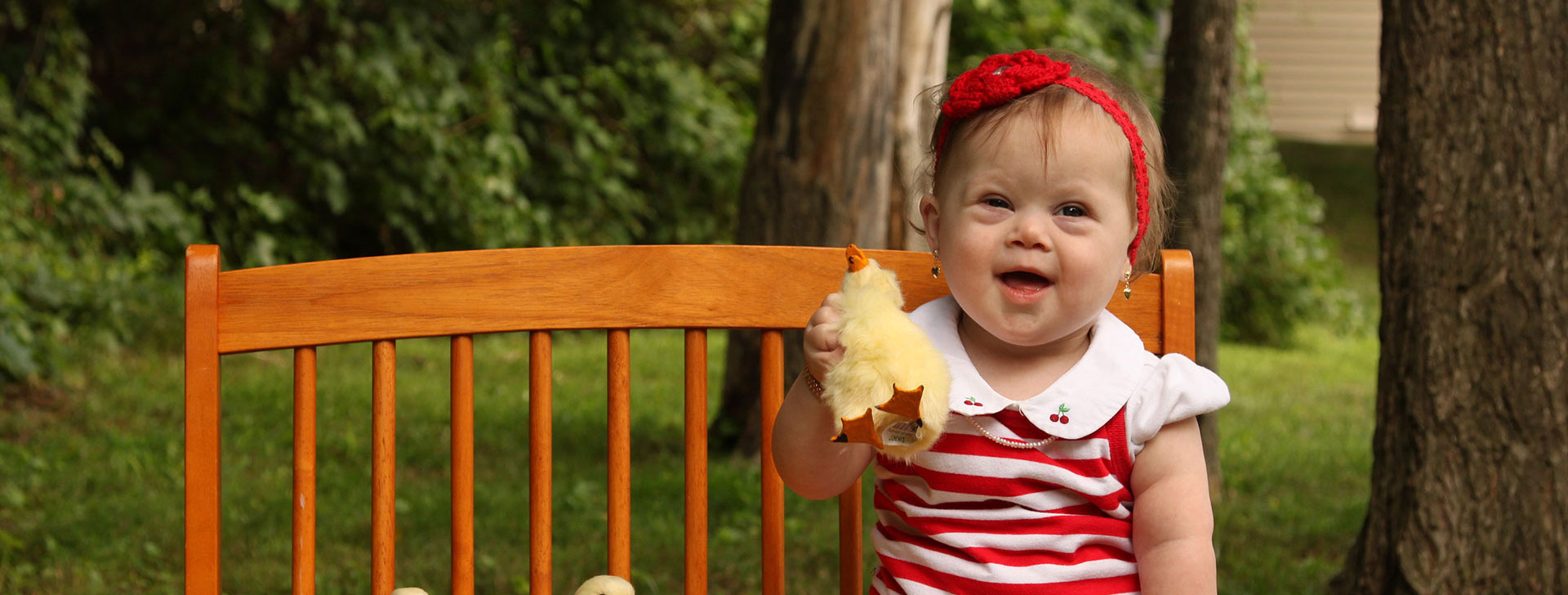We have the great zechus in our yeshiva to accept boys with all types of issues. We have a normal, mainstream yeshiva. B’H, we have boys who become Roshei Yeshiva, doctors, lawyers, accountants, and of course, huge talmidei chachomim.
But we have something else, too. Our students have learned how to live with all kinds of kids. People in our yeshiva believe that we are doing a tremendous chesed by helping all types of boys. Correct, absolutely correct! But the greatest chesed is to our own talmidim! They learn how to be sensitive to other people. A number of our talmidim now live in adult homes. Their classmates from 20 years ago, many married with families, still stay in close contact and even visit them regularly. So, tell me, who is the chesed for?
But this wasn’t always like this. Years ago, we accepted a visually-impaired student. The following day another talmid’s mother called to tell me that she doesn’t want her son exposed to a blind student all the time. It’s not good for him; not for his psyche, not for his mood. I told this woman that if that’s the case then she can keep her son home.
Modern psychology has blurred our perspectives and we tend to confuse middos with psychology. Any person, whether sibling, schoolmate or stranger, who cannot tolerate the presence and needs of an individual with special needs, has to re-evaluate their middos compass.
I have the zechus of working with Samcheinu, the widows’ organization. I attend their annual Shabbos retreat. I remember how, in the very beginning, I met a very young widow, who told me that 3 months prior to her husband having passed away, they were blessed with an 8th child, a Down syndrome child. I asked her, “How are you managing?” Her response, “Are you kidding, Rabbi Bender? This child was the biggest brocho for our family. Our kids realized that Mommy cannot do this alone, and they all coalesced around this child and really became the big brother and sister they needed to become.” She continued, “This is why this child has been a total brocho.”
We must all realize that Hashem sends these children for a purpose. Our job is to grab this opportunity. I understand it can be very difficult, but these kids are exceptional. Not a bad cell in their bodies, always smiling, always happy. Always caring about others. Always worrying for their parents. And always being special. It is up to the mindset of each individual and Klal Yisroel.
Reb Elya Svei ZT’L used to say, when he responded to many questions posed to him, “Vos vil der EIBISHTER?” I think we all know what He wants. For Klal Yisroel to do the right thing.
Bottom line, once we realize who these kids are, how could we ever fight with our brothers and sisters? These kids never fight, how can we?
I want to close with a story. In the last few months of her life just before she went into a coma, I went to spend the night with my mother. My sister, Rebbetzin Epstein a’h, came downstairs to join me. My mother was in a deep sleep, or so we thought. Suddenly, my mother blurted out to my sister, “Esther Mousha, (oldest sibling) please make sure none of the kids ever fight with each other.” I sincerely believe that the 6 of us were wonderful with each other and never had a real fight or rivalry. Yet, my mother, in the last words we remember her saying, admonished us that we should never fight. The worst nightmare of parents is when siblings do not get along.
In these difficult days, let us resolve to have shalom in all of Klal Yisroel, particularly in our families.


